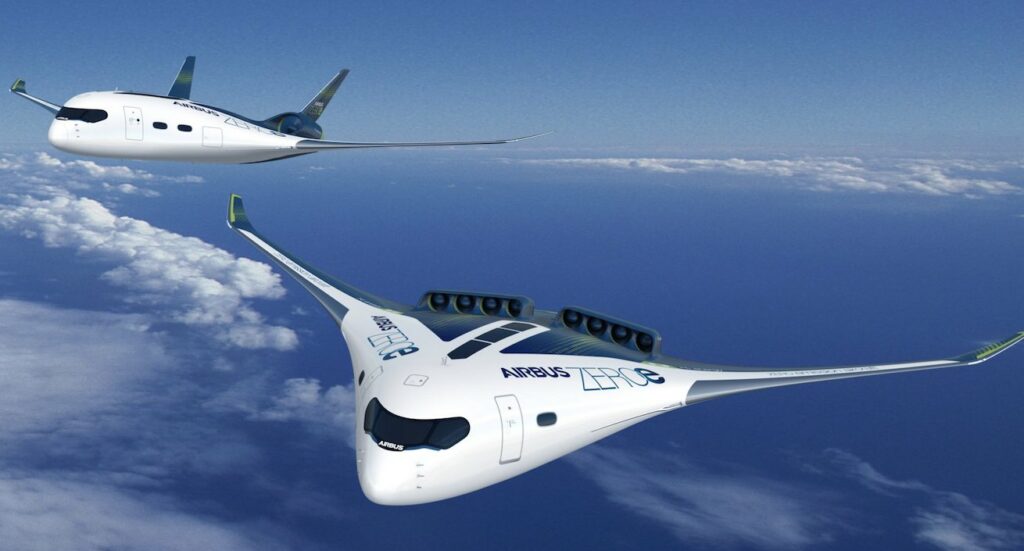The impact of electric propulsion on the future of aviation technology

Taking Flight: The Electric Revolution in Aviation
The roar of jet engines, a familiar soundtrack of air travel, is on the verge of being replaced by a different, more serene hum. Electric propulsion is poised to revolutionize the aviation industry, offering a cleaner, quieter, and more sustainable future for air travel.
From Jets to Jetsons: Electric aircraft are not just a futuristic fantasy. Several companies are already developing and testing electric planes, with some even offering commercial flights. The benefits are numerous:
- Environmental Sustainability: Electric planes significantly reduce greenhouse gas emissions, contributing to the fight against climate change. They also produce less noise pollution, creating a quieter and more pleasant experience for both passengers and communities near airports.
- Cost Efficiency: Electric motors are more efficient than combustion engines, leading to lower operational costs for airlines.
- Improved Performance: Electric motors provide instantaneous torque, allowing for faster acceleration and better maneuverability.
The Journey Ahead: While electric aviation is gaining momentum, there are challenges to overcome:
- Battery Technology: Batteries currently lack the energy density to power large commercial aircraft for long distances. Significant advances in battery technology are needed to extend the range of electric planes.
- Infrastructure: Building a network of charging stations for electric aircraft will require a major infrastructure overhaul at airports.
- Safety Regulations: The aviation industry is tightly regulated, and electric aircraft will need to meet stringent safety standards before widespread adoption.
The Future is Electric: Despite these challenges, the future of aviation is undeniably electric. We are likely to see:
- Short-haul flights: Electric planes are ideal for short-distance flights, particularly within cities or between regional airports.
- Hybrid-electric aircraft: Combining electric propulsion with traditional jet engines offers a transitional solution, allowing for longer flights while reducing emissions.
- Cargo applications: Electric planes are well-suited for transporting goods, offering a cleaner alternative to traditional cargo aircraft.
Beyond the Horizon: The impact of electric propulsion extends beyond just replacing fossil fuels. It opens up new possibilities for aircraft design, allowing for smaller, more agile, and quieter planes. This could lead to the development of innovative air taxi services and personal air vehicles, revolutionizing urban transportation.
The transition to electric aviation is not just about cleaner air; it’s about a paradigm shift in how we travel. By embracing this technology, we can create a more sustainable, efficient, and accessible future for all. The sky is no longer the limit; it’s just the beginning.

